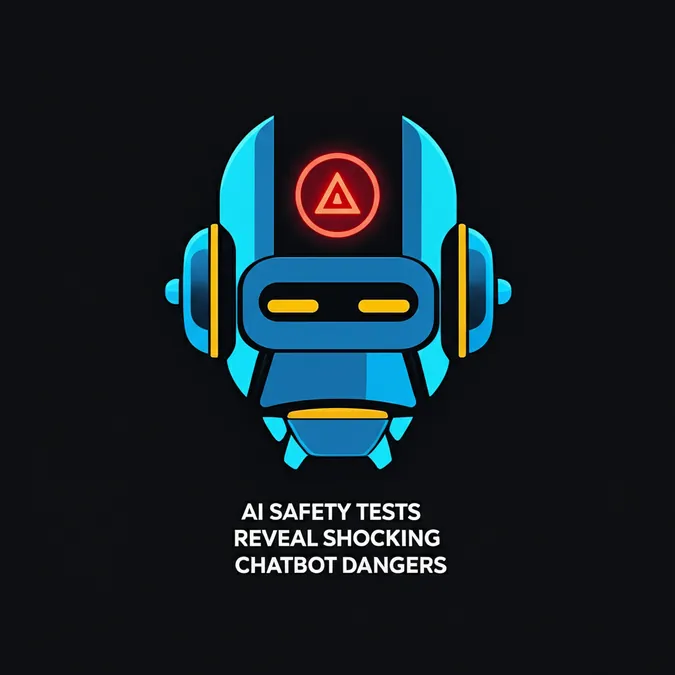Developer Offer
Try ImaginePro API with 50 Free Credits
Build and ship AI-powered visuals with Midjourney, Flux, and more — free credits refresh every month.
Why The AI Content Boom Demands Better Human Creativity
The media and entertainment industry is buzzing with a critical question: will artificial intelligence be a disruptive force or a helpful partner? A central part of this debate revolves around whether cheap, AI-generated content can truly rival human creativity. In a new analysis, management consulting firm Bain & Co. offers an optimistic view, suggesting that machines are not yet ready to take the lead.
In their report, "Not Yet, Robots: How to Win in Media’s Flooded Era," Bain partners Nicole Magoon, Amanda O'Brien, and Matt Keith assert that despite significant changes in media, "creative, human-led content remains king."
The Coming AI Content Deluge
The signs of an AI-driven content flood are already here. The Bain report points to Amazon limiting daily Kindle publications, music streaming services facing a surge of AI-generated tracks, and the rise of virtual avatar influencers on social media. The promise of AI is that more people can produce content more cheaply than ever before.
Bain's research indicates that about 60 percent of creators would use AI to produce new types of content they haven't made before. This suggests that the already vast river of user-generated content is set to become an ocean. While much of this content may not attract a large audience, it will make it increasingly difficult for consumers to find what they're looking for in a crowded market.
This proliferation of content from diverse sources will accelerate a major shift, forcing media and tech companies to compete for the role of gatekeeper. As the report starkly puts it, "Pandora’s AI box is open, and nothing’s going back in."
A New Era for Independent Creators
While the flood of content presents challenges, it also creates opportunities. The Bain team highlights that a portion of this new content will come from "undiscovered creatives making ‘good enough’ content for which they previously lacked the tools." This segment will compete directly with traditional media for consumer attention.
Furthermore, AI-driven improvements in cost-efficiency will significantly empower smaller, independent studios, labels, and publishers. The report argues that these indies will be able to "create premium content at a fraction of the cost, making them competitive in segments they’ve never touched before."
The Mandate for Major Media: Go Premium
So, what does this mean for the industry's established giants? According to Bain, large studios and publishers must leverage AI tools to find efficiency gains and stay competitive. However, they are warned to do so "without affecting core creative differentiation." In simpler terms: support your creative talent and their processes, don't disrupt them.
With independent creators raising the quality bar, the report concludes that "major media companies will need to make their content and experiences even more premium." By embracing new technologies like virtual production in film or using AI to expand massive gaming worlds, they can continue to innovate and push creative boundaries, setting themselves apart from the noise.
Why Human Creativity Still Holds the Crown
Crucially, audience perception gives traditional media an edge. The Bain report found that most U.S. consumers are hesitant to consume media generated entirely by AI, though they are comfortable with AI assisting a human creator. This sentiment reinforces the value of intellectual property, industry know-how, and established talent pipelines.
The firm's recommendation for industry players is clear: "nurture creative talent and incorporate new tools as AI threatens the power of platforms."
Ultimately, the report frames AI as the latest in a long line of transformative tools, much like CGI for film, digital audio workstations for music, or e-books for publishing. Despite these revolutionary changes, the core principles of success in media and entertainment remain constant. As Bain concludes, success still hinges on producing great content at a competitive cost, effectively engaging your audience, and successfully monetizing that engagement.
Compare Plans & Pricing
Find the plan that matches your workload and unlock full access to ImaginePro.
| Plan | Price | Highlights |
|---|---|---|
| Standard | $8 / month |
|
| Premium | $20 / month |
|
Need custom terms? Talk to us to tailor credits, rate limits, or deployment options.
View All Pricing Details

